by Michael Freeman (Editor), Maurice Zeegers (Editor)
Forensic Epidemiology: Principles and Practice
presents the legal and scientific theories underlying the methods by which risk is used in the investigation of individual causation. Methods and principles from epidemiology are combined with those from a multitude of other disciplines, including general medicine, pharmacology, forensic pathology, biostatistics, and biomechanics, inter alia, as a basis for investigating the plausibility of injury and disease exposures and mechanisms.
The ultimate determination of the probability of causation (PC) results from an assessment of the strength of association of the investigated relationship in the individual that is based on a comparison between the risk of disease or injury from the investigated exposure versus the risk of the same disease or injury occurring at the same point in time in the individual, but absent the exposure.
- Provides historical perspective on how epidemiologic evidence of causation has been used in courts in U.S. and Europe
- Presents the theory and science that underly the use of risk to assess individual causation
- Acts as a primer on epidemiologic methods and the various measures used to arrive at individualized comparative risk assessments and PC
- Covers appropriate background information on adjunctive disciplines, including forensic pathology, death investigation, biomechanics, and survival analysis
Product Details
- Hardcover: 434 pages
- Publisher: Academic Press; 1 edition (May 23, 2016)
- Language: English
- ISBN-10: 0124045847
- ISBN-13: 978-0124045842

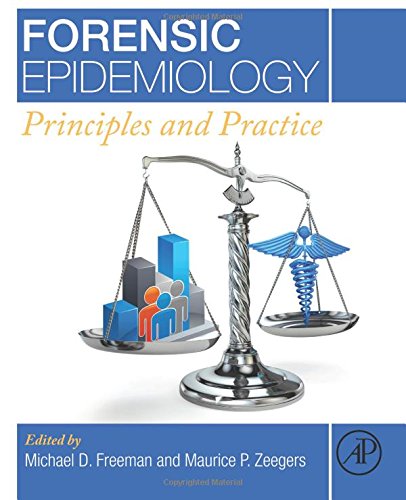
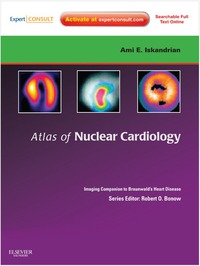
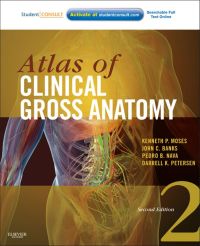
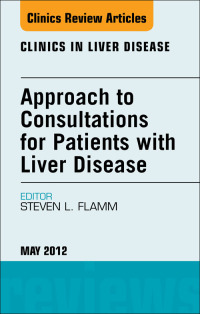
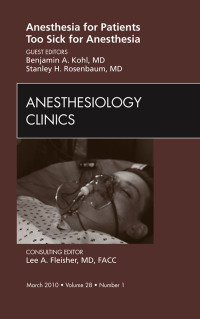
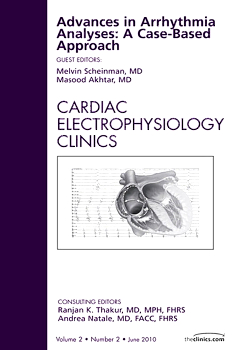

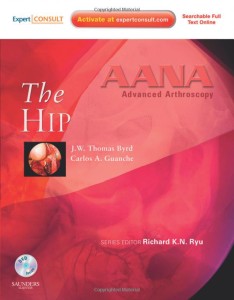
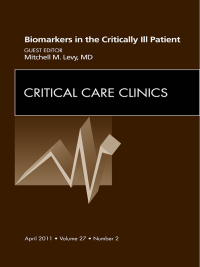
Reviews
There are no reviews yet.